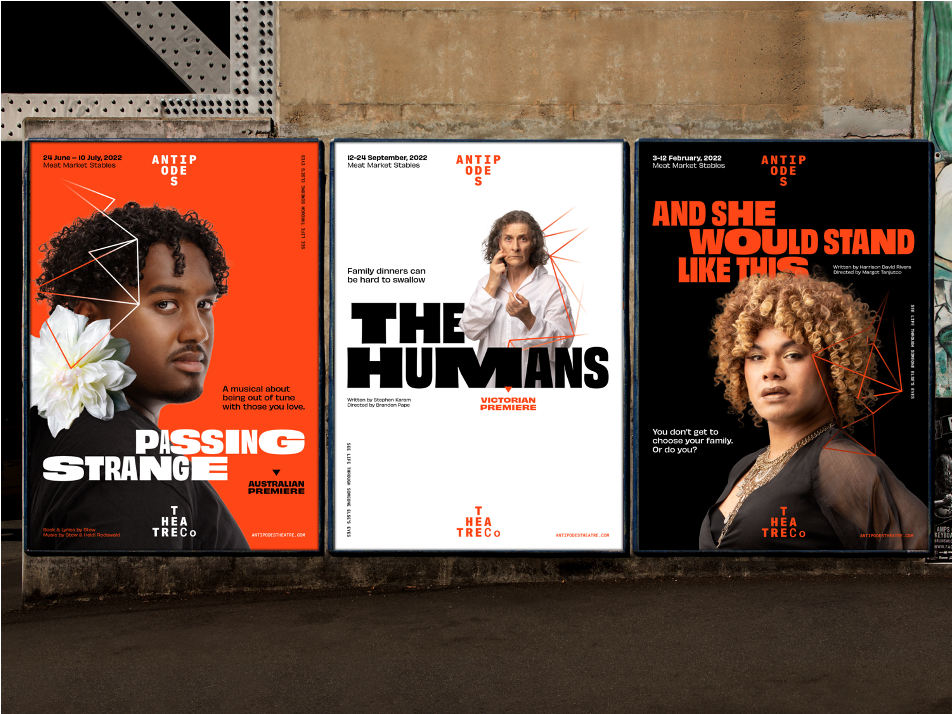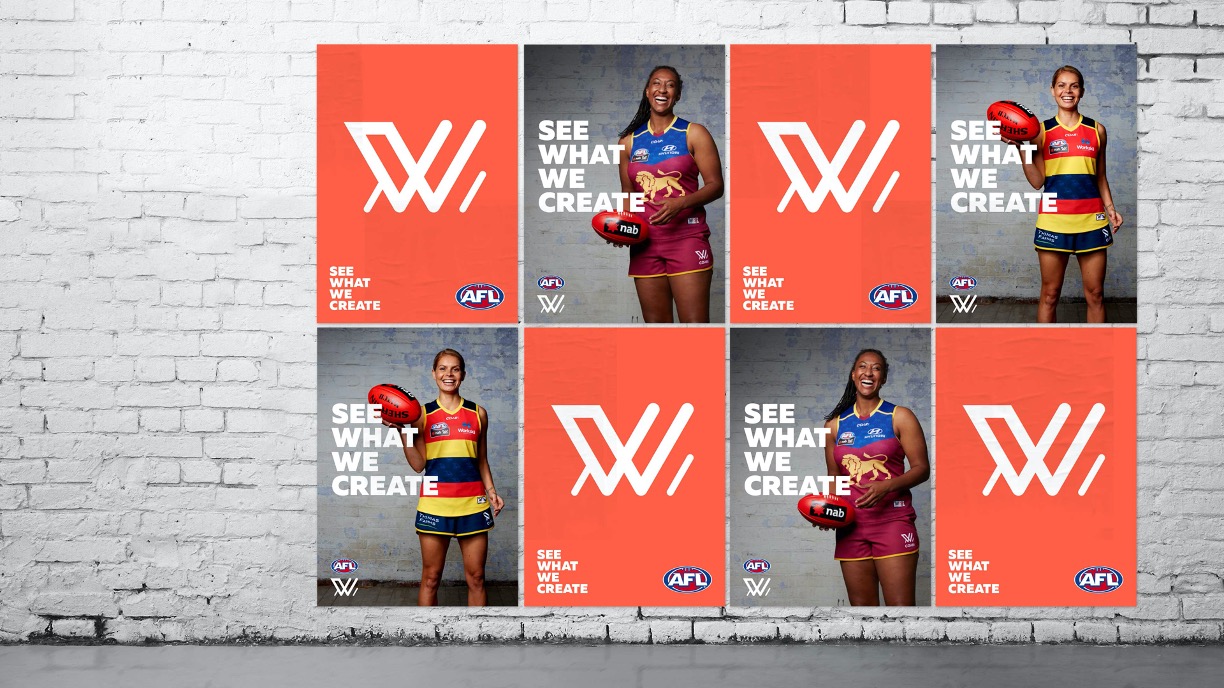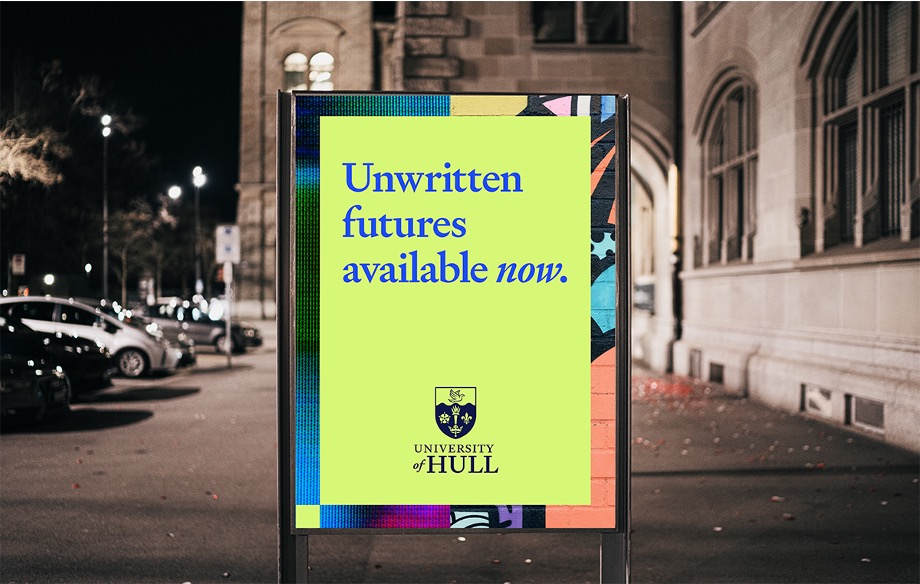
Erminio and his team at PUSH Collective have collaborated with Guts on a number of projects over the years. Hailing originally from Italy, Erminio has worked in Europe, Asia and Australia; was the MD at FutureBrand Australia before co-founding his brand consultancy PUSH in Melbourne in 2013. He’s currently also a professor of brand management at Bocconi University in Milan, splitting his time between Europe and Australia.
With nearly 30 years‘ experience in strategy and branding, he has worked on Ferrari, Maserati, Coca-Cola, L’Oreal, Mastercard, NAB and ANZ, AFL and Cricket Australia, Kmart, the Melbourne Metro, Perth Airport & Fiji Airways.
We’ve been so lucky to work with him on brand strategy projects across public transport, retail, and education, learning from his global expertise. He’s also a very warm and fascinating guy, generous with his genius strategic brain. We can’t wait to see what he does next.
To create problems ☺️
Often the projects that my team gets briefed on have very ill-defined problems to solve. They are driven by big aspirations but struggle to articulate how brand thinking can help fulfil them. What’s really the problem we’re here to solve? I love to frame the problem, to bring clarity to what needs to be addressed, and through that lens, see all the opportunities that emerge.
2. How do you explain brand strategy?
It depends. To some of my clients, brand strategy is a familiar concept, to others not so much, and to others still, in certain sectors, the word ‘brand’ may even have some baggage attached.
That said, with the kinds of projects that PUSH does, the key decision makers usually don’t come from a marketing background. They are typically C-suite level, with a background in finance, engineering or public policy and it’s important to put special attention on how to explain to them what brand strategy is and what it can do for their organisations. Indeed, my preferred ways to explain brand strategy is often to avoid the use of the very word ‘brand’: don’t take things for granted and let instead the transformative power of the concept be fully understood.

3. What is most challenging about what you do?
It’s establishing a clear link between long-term brand building with short-term results. For clients it can be a big challenge in terms of planning and measurement.
On some projects, clients may not be aligned internally on their priorities and trade-offs between the long-term and the short-term. This issue must be addressed head on in the initial discovery phase of a project, otherwise it will undermine its outcome.
And there’s another challenge that is always top of mind. The world is changing so fast, and you need to constantly interrogate your methodology, your tools: what should stay as it is? What should be evolved? What should be introduced that may change your way of working? Our industry is evolving all the time, and there’s no denying that our sector is full of fads and distractions. You need to be very discerning in how you embrace change – avoiding to underestimate or overestimate the impact of certain trends.
4. Which brand do you most admire and why?
I admire brands that subvert category codes or people’s fixed ideas. They can be big or small but they show courage and leadership.
In the high street near my place in Melbourne there’s a business that caught my attention recently, a funeral parlour called The Last Hurrah. Their positioning line is ‘Original Funerals for Unique People’. How good is that? In a category with entrenched codes based on spirituality, discretion, or basic convenience, here you have a little brand capturing a fundamental truth about celebrating the beloved ones who’ve left us and turning that truth into what you may call a ‘challenger’ proposition.
Or think of a brand that I was discussing the other day with my students: Liquid Death, with its mesmerising take on a commodity like mineral water. Its irreverent attitude, its heavy metal-inspired aesthetics are making the traditional codes of mineral water, soft and health-driven, come across as unbearably boring and cliché to a young generation.
In a similar vein, I do admire brands that bring together attributes that are usually negatively correlated in people’s minds. Can clothes be very affordable and high tech at the same time? Those two attributes usually don’t go hand in hand in people’s minds. It’s either/or. Yet Uniqlo shows that they can be brought together, and to great success.
5. In nearly 30 years of brand strategy, what’s remained and what’s changed?
The general principles have largely stayed the same. Yet there have been important changes in how to build and deploy brand strategies. It has become an increasingly collaborative exercise, involving clients’ staff, partners, customers and other stakeholders along the way. And this evolution has had great impact on how to scope a project as well as the skillset required to run it.
And often as a result of a more participatory approach to brand strategy development, we’ve seen an increasing emphasis on the role that brands must play in society.

6. What role should they play, what’s your view on the role of purpose in 2024?
We’re living in a society facing multiple crises and suffering from a lack of trust towards institutions, starting with government and the media. Sometimes it looks like a true collapse of trust. In such a context, brands are being asked to step up their positive impact. And brands need to respond. Their answers, though, vary significantly in terms of credibility and actual results. Often, it’s just hype.
Thankfully, I believe that we’ve moved past the naivety of the debate around brand purpose that we’ve had in the last several years. People have wised up. Even a champion of brand purpose like Unilever has recognised that they may have gone too far and that there are brands in their portfolio where the concept is not relevant.
That said, the crises humanity faces remain and brands, as the public face of businesses, will continue to join the public debate on how to address these crises. Whether it is about social justice, climate change or geo-political conflicts. Some brands will participate out of their will, others will be forcefully dragged in. In 2024 and beyond, expect brands to take a stand and when doing so, clash with other institutions – with governments and politicians, first of all. It’s not going to go away. In fact it will intensify.
7. Are there any golden rules when it comes to research?
We like to think of it as facilitating a debate between the internal and external perspective on the clients’ business and brands.
We go wide and deep in terms of the external and internal stakeholders involved through research and then we set up the sessions in which we share insights and recommendations as a debate. Hypotheses are raised, discussed, argued about, fine-tuned, resolved. We see our role as an agent provocateur, a facilitator of a passionate debate.
8. How much do you trust your gut feeling and how often are you surprised?
After many years in the field you generate a gut feeling quite quickly. At the same time, you need to keep an open mind, and keep your gut feeling in check.
I love exploring alternative scenarios. If this is the problem at hand, what are the different ways to solve it? It may well be that one scenario is closer to your gut feeling, while others take you into a different, surprising space. Let’s assess pros and cons, and implications of all of them before landing on the best way forward. It keeps you honest and open minded.

9. What’s the value in using external brand strategy experts vs. doing brand strategy in-house?
Both are welcome and necessary. In my university courses I always stress to my students how important it is that as future in-house brand managers their job description has a strong component of strategy – they need to orchestrate brand building with a degree of knowledge, consistency over time and influence on the whole organisation that no external consultant can replace.
At the same time, external consultants can make a big difference when a change of paradigm is needed – when a fresh perspective is required, unencumbered by internal conventions, and informed by experience with other sectors, brands and types of projects.
10. Are there any brands you haven’t worked on that are on your bucket list?
I’ve been fortunate enough to work on so many different brands, global as well as in a start-up mode, and not-for-profit organisations too.
What I’ve never really done in my career is brand strategy work for a political party. If it is a party whose program and values I agree with, I would really like to do that. It would be an interesting challenge, knowing how politics work, but one I would be up for!
11. What’s next? Any exciting projects you’re working on that you can share?
We’re working on projects in Australia and Europe and we enjoy the constant change of scenery.
We’re completing the rebranding of the University of Hull, in Northern England. It’s our very first foray into the world of universities outside the Asia Pacific and we’re pleased by how much our know-how developed for the likes of RMIT and Macquarie University here has proved valuable in Europe too. We’ve just started a project for a large top-notch architecture firm based in Milan and this is immersing us in stimulating discussions on sustainability and the evolution of the built environment. There are big questions to address – of the kind we like to place at the centre of a good brand strategy!
